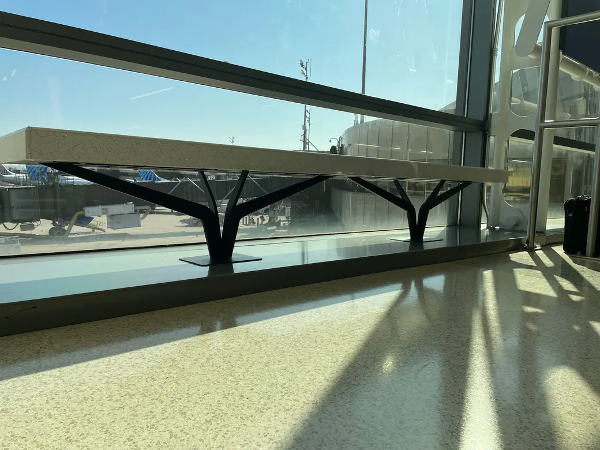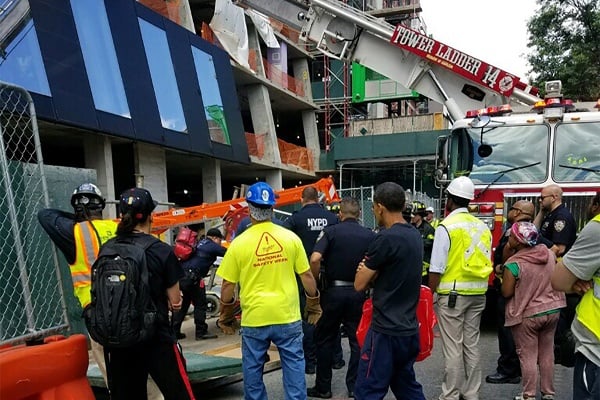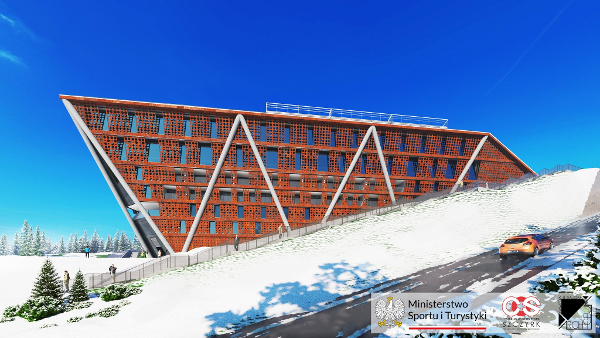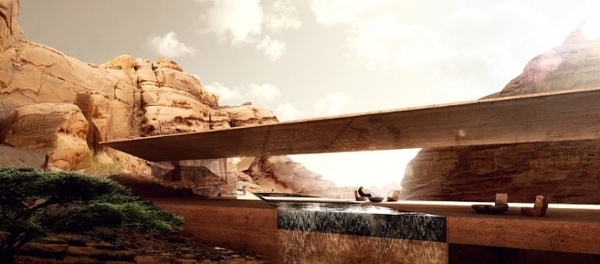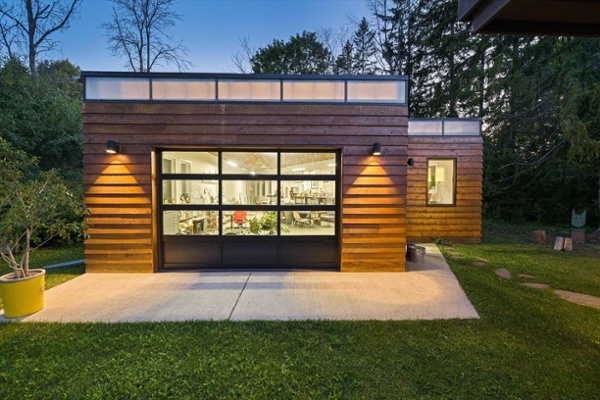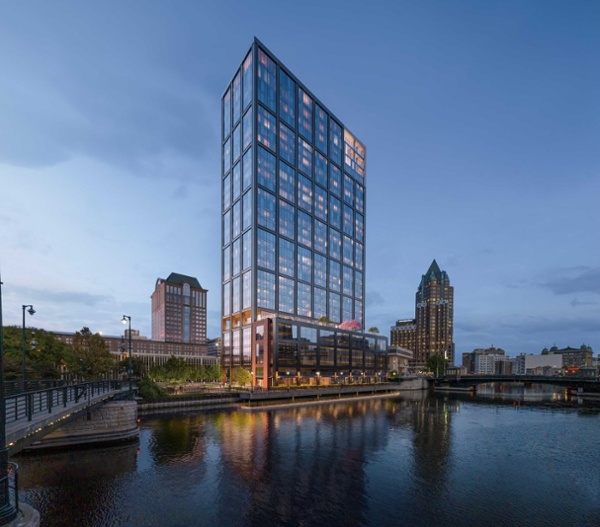The American Institute of Architects New York gave out its annual design awards Monday night. The awards are granted for “outstanding architectural design” in New York City, or by NYC-based architects.
Many winners are the type you’d expect to receive an architecture award — this year’s top honors included glitzy, high-profile projects like the new Perelman Performing Arts Center in Lower Manhattan
Others are less obvious. The top honor in the “projects” category, for example, went to a series of new benches, just past security, at Newark Airport’s Terminal C.
“Design excellence is the purpose of this program,” said Jesse Lazar, the executive director of AIANY, who was not on the independent jury that chose the awards.
“Design is of course about making something beautiful, but it’s also about solving problems," Lazar said.
Founded in New York in 1857, the American Institute of Architects organized into local chapters 10 years later — AIA New York remains the oldest and largest in the country.
The jury described the Terminal C benches, by the Missouri-based firm HNTB, as solving a problem that anyone who flies will understand — getting past security with your shoes off, things strewn about, and finding nowhere to sit and get it all together.
“It’s not a huge social problem,” Lazar said. “But it’s a problem people experience in space, and the jury felt this project addressed it in a way that was sensitive, beautiful, attentive to detail, and effective. Sometimes it’s as simple as that.”
The jury also appreciated the design of the bench base, which rhymes visually with the columns of the new terminal itself.
“What comes across as simplistic unpacks a lot of richness to it,” the jury said.
Other honorees at this year’s event reflect how the field’s focus is widening beyond big-budget “starchitecture.”
Bedford Green House I, an affordable housing project in the Northwest Bronx by the Manhattan firm ESKW/Architects, won a “merit” award in the..Read More Here

